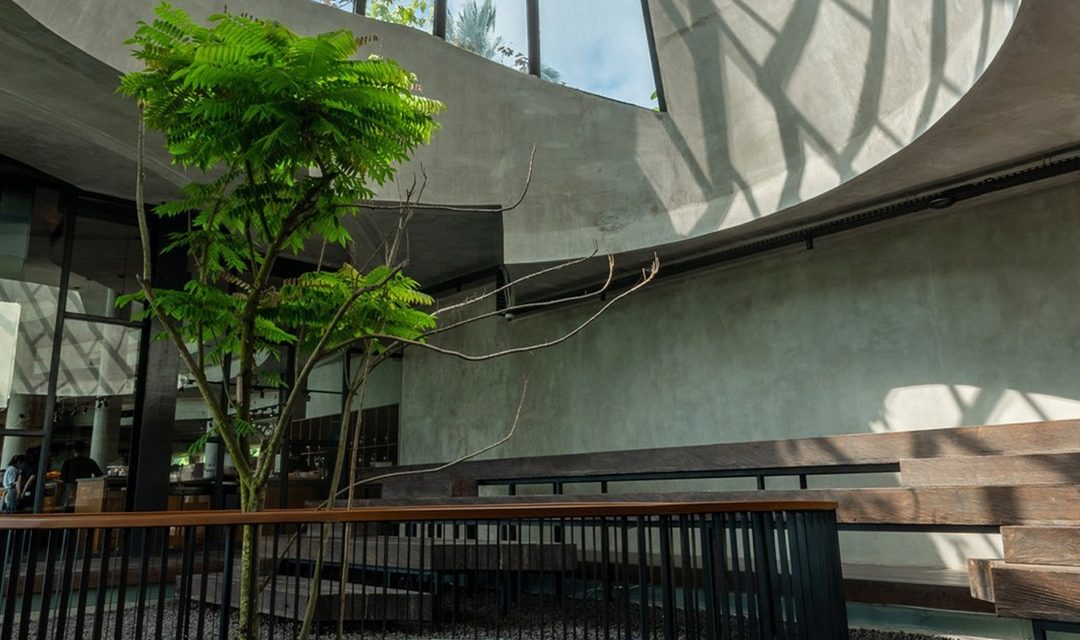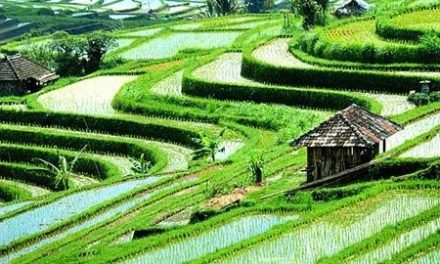When you think about eco-tourism, Ubud, with its lush rice terraces and vibrant culture, often dances to the forefront of one’s mind. Nestled in the heart of Bali, this town is not just a haven for artists and yogis; it also offers a unique approach to sustainable travel. With that in mind, let’s dive into the best times of year for eco-tourism in Ubud, sharing some personal anecdotes and practical advice to help you make the most of your experience.
The Wet Season: December to February
You might think that the wet season is off-limits for outdoor activities due to the rain, but trust me—there’s beauty in Ubud during these months. I remember my first visit in January, when the downpours transformed the lush landscapes into emerald tapestries.
Unique Experiences: The rice paddies are at their most vibrant, and some farming activities, such as sowing seeds, take place. This is a perfect time to join a rice paddy planting workshop, an eco-friendly activity that allows you to connect with the local farmers. Plus, it’s a chance to understand the significance of rice in Balinese culture.
Practical Tip: Be prepared for sudden showers! Carry a light poncho and waterproof shoes. The rain can create beautiful reflections in the rice fields, so a camera is a must!
Transition Months: March to April
March and April are when Ubud begins to dry up but still retains some of that post-rain lushness. This period is also significant because it coincides with Nyepi, the Balinese Day of Silence, which typically falls in March.
Cultural Insights: While Nyepi might not seem like an eco-tourism event, it is a fantastic opportunity to witness sustainability in action. The entire island comes to a standstill, emphasizing a return to nature and introspection. I vividly remember walking in Ubud during Nyepi and perceiving an unusual stillness and respect for nature, with nobody on the streets, allowing the environment to bask in silence.
Tip for Travelers: If you plan on visiting during Nyepi, make sure to arrive before the day itself, as transportation and services shut down entirely.
The Dry Season: May to September
Now, if you’re looking for sunny skies and perfect conditions for hiking and outdoor activities, the dry season from May to September is your best bet. I visited Ubud in June, and the air had a crispness that was refreshing after the humidity of the wet season.
Adventure Awaits: The trails in Ubud, such as Campuhan Ridge Walk, are ideal for exploring during these months. I recall the exhilarating feeling of trekking along the path, surrounded by verdant hills and quaint villages. You can also book a tour with eco-conscious companies that practice sustainable hiking methods.
Sample Activities: Consider visiting the Sacred Monkey Forest Sanctuary, where you can observe these playful creatures in a natural habitat, while supporting conservation efforts. Or, take part in an organic cooking class, utilizing ingredients sourced from local farms, which supports the community and promotes sustainability.
Pro Tip: Hydrate! The dry season can get hot, so make sure to carry a reusable water bottle—many places provide refills to reduce plastic waste.
The Shoulder Season: October to Early November
As the dry season wanes and the rain starts to venture back, October and early November can be an idyllic time to visit Ubud. The crowds begin to thin out, making it easier to connect with local artisans and explore lesser-known eco-projects.
Hidden Gems: I found myself wandering into a small community project focusing on reforestation involving locals and tourists alike. It was both rewarding and humbling to plant trees that would contribute to the biodiversity of the area.
Travel Tip: Engaging in community projects often provides insight into the cultural practices of the Balinese people. Look for workshops on traditional crafts, like batik or weaving, which are sustainable and allow you to meet local artisans.
Conclusion
Ubud is a treasure trove of eco-tourism opportunities no matter when you decide to visit. Whether you venture during the rainy season’s lush greenery or the harmonious stillness of Nyepi, each time of year offers unique experiences that promote sustainability and cultural appreciation. So, as you plan your trip, think about what you’d like to achieve during your stay. Are you looking to immerse yourself in nature, participate in community projects, or enjoy the vibrant culture? Whatever your preference, Ubud welcomes you with open arms, and you’ll leave with memories that cherish both the beauty of nature and the warmth of the Balinese culture.Safe travels, and don’t forget to go with an open heart and mind, ready to embrace all that eco-tourism has to offer!






